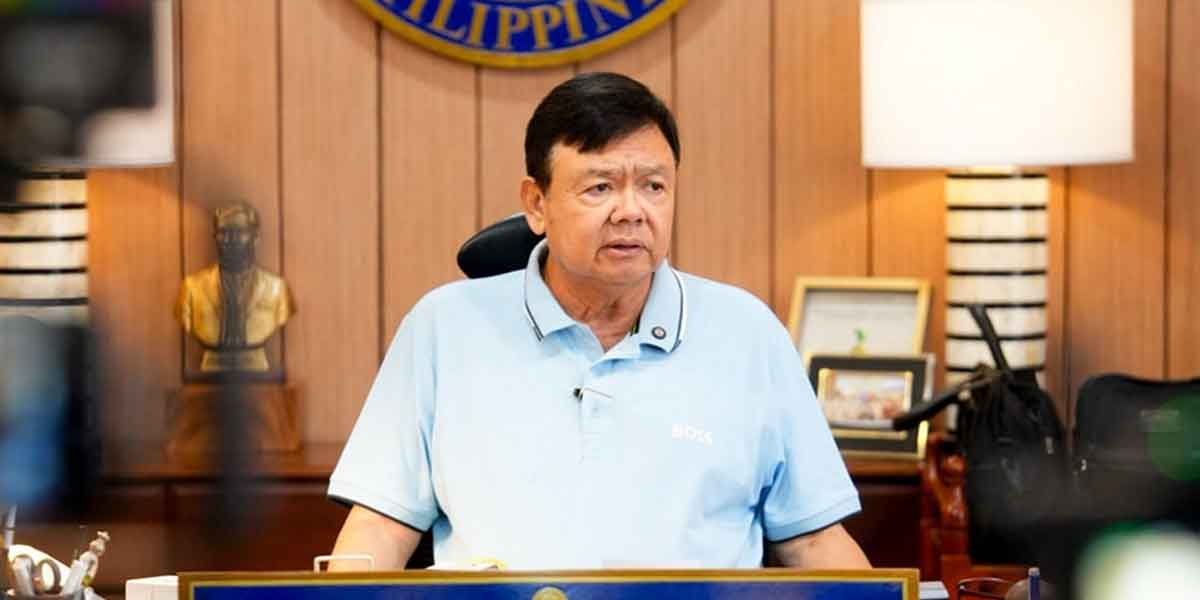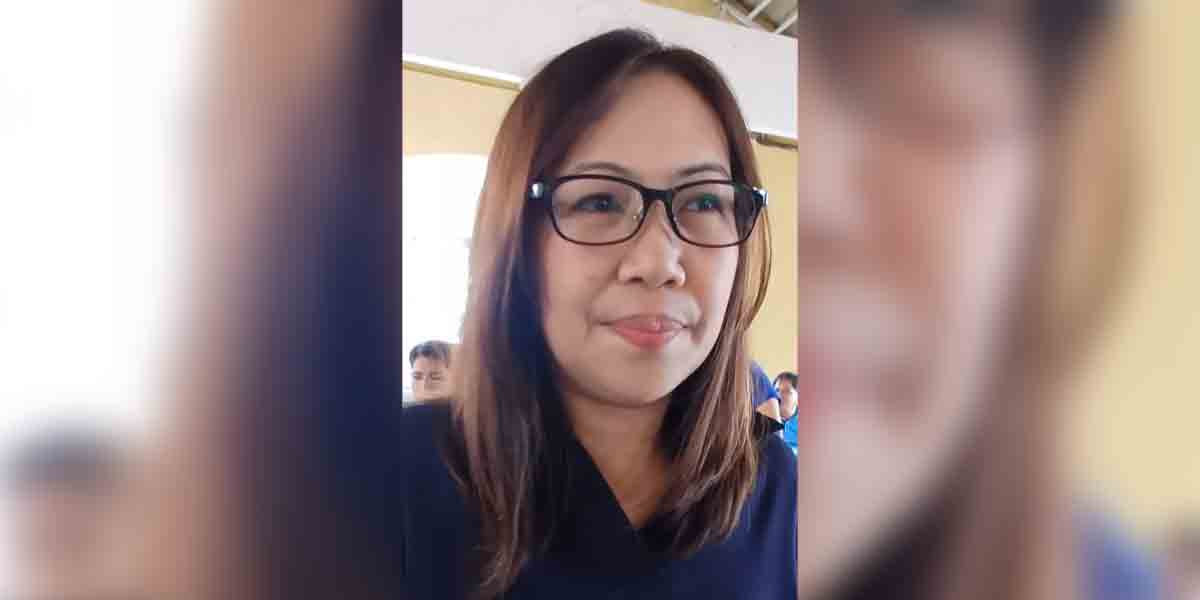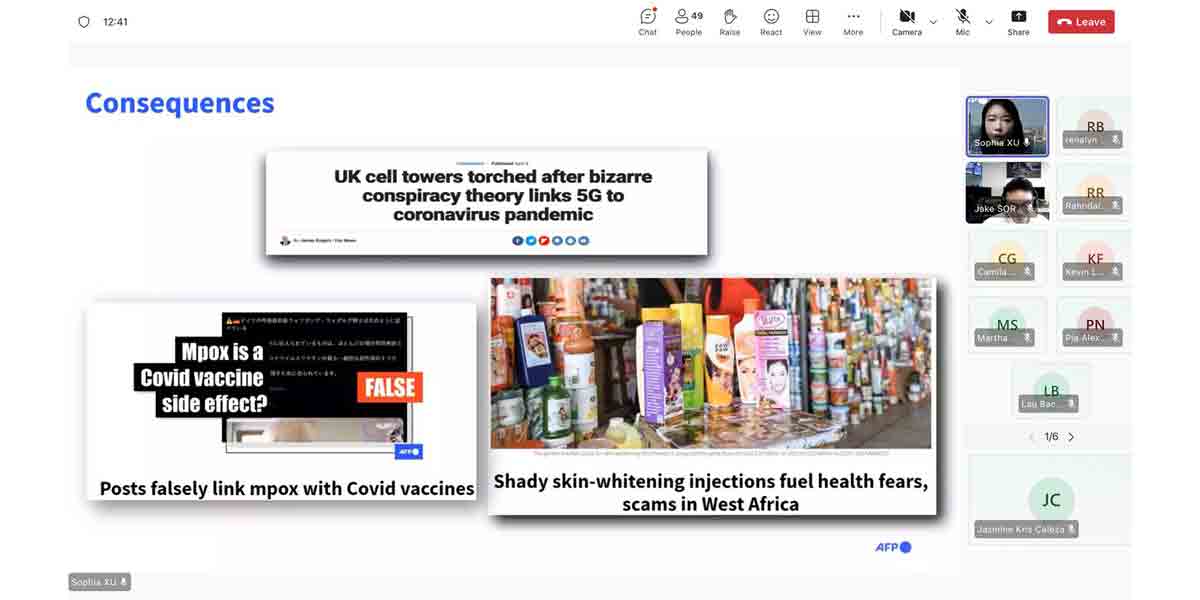The tobacco industry’s relentless targeting of young people demands immediate and decisive action.
As highlighted by recent reports from Social Watch Philippines (SWP), the Philippine Smoke-Free Movement (PSFM), and the Union for International Cancer Control (UICC), children and teenagers are being aggressively targeted by tobacco and vape advertising across various media platforms.
This is not just a public health issue; it is a moral imperative to shield our youth from the clutches of addiction and disease.
Scientific studies have repeatedly shown that nicotine, found in both cigarettes and most e-cigarettes, is a highly addictive substance that can severely impact children’s learning, memory, and attention.
The 2019 Global Youth Tobacco Survey (GYTS) reveals a startling statistic: one in every seven students aged 13-15 is already using e-cigarettes daily. This age group, still in the critical stages of development, is particularly vulnerable to nicotine addiction, which can lead to long-term health issues.
The tobacco industry’s strategies are insidious. They disguise their harmful products with child-friendly flavors and utilize e-commerce platforms with lax age restrictions to reach young consumers. These tactics are meticulously designed to create a new generation of smokers and vapers, ensuring a steady stream of profits at the expense of our children’s health.
Local government units (LGUs) have a crucial role to play in combating this public health crisis. By implementing stringent tobacco control measures aligned with the World Health Organization’s Framework Convention on Tobacco Control (WHO FCTC), LGUs can significantly reduce youth tobacco use. Success stories like Baguio City, where local ordinances have led to a substantial drop in tobacco use, should serve as a blueprint for other regions.
However, legislation alone is not enough. Enforcement is key. As PSFM’s Rizza Duro pointed out, there has been a glaring failure in policy implementation, allowing the tobacco industry to interfere with anti-tobacco efforts. This interference is evident in the alarming rise of the Philippines’ score in the Tobacco Industry Interference Index, from 38 in 2016 to 60 in 2023.
To protect our youth, we must close policy gaps and strictly enforce existing laws. This includes raising the legal age for purchasing tobacco and vaping products to 21, transferring regulatory authority over vaping products from the Department of Trade and Industry (DTI) to the Food and Drug Administration (FDA), and banning online sales of these products.
Furthermore, public servants must be held accountable for any unnecessary engagements with the tobacco industry. The health and well-being of our children should never be compromised for corporate interests.
The UICC’s call for stronger marketing controls, increased tobacco taxes, and the creation of smoke-free areas must be heeded. The tobacco industry’s manipulative tactics, which target young adults and expose them to increased cancer risks, undermine global efforts to reduce cancer-related deaths. We owe it to the next generation to implement and enforce robust tobacco control policies.
In conclusion, protecting our youth from the predatory tactics of the tobacco and vape industries requires a concerted effort from all sectors of society. From LGUs to national policymakers, everyone has a role to play in creating a smoke-free future for our children. The time to act is now. The health and future of our young people depend on it.






















